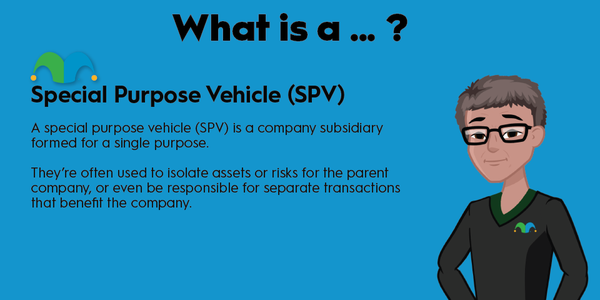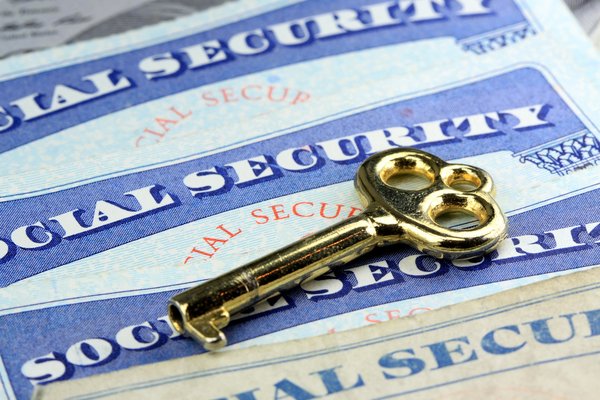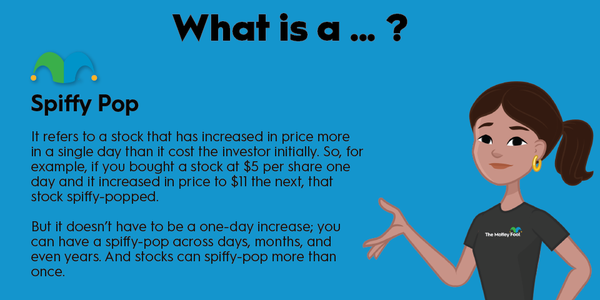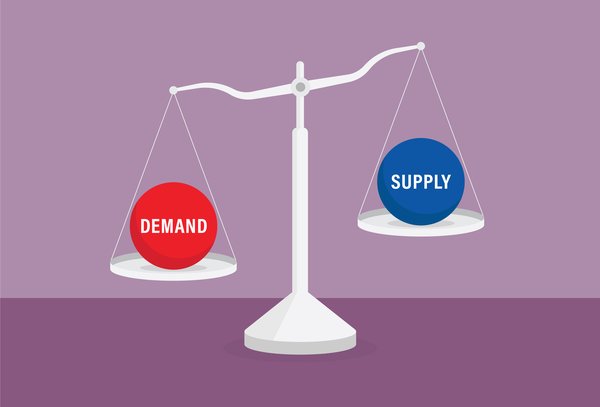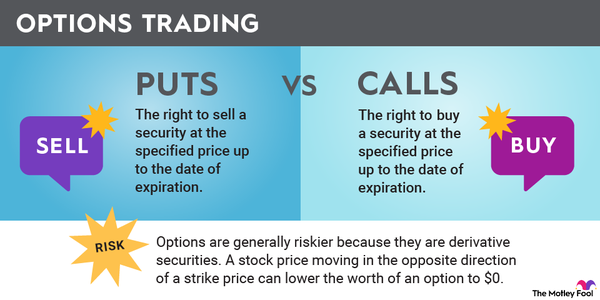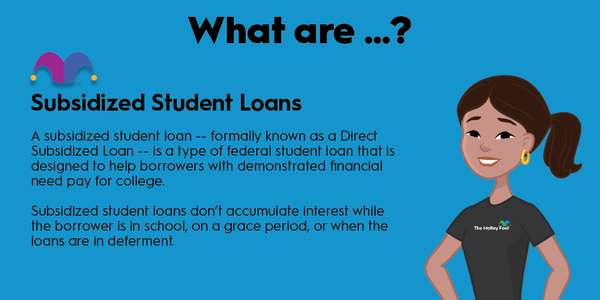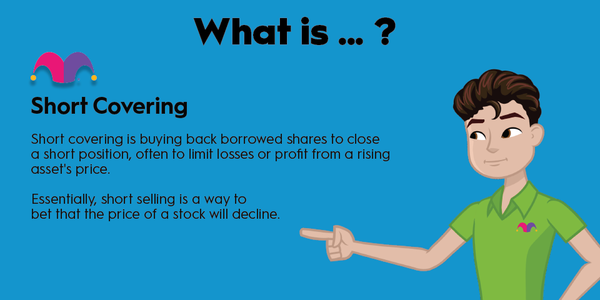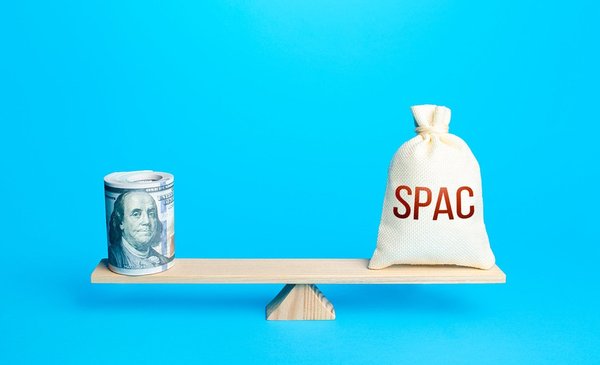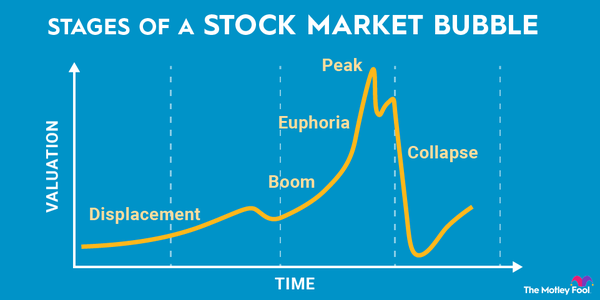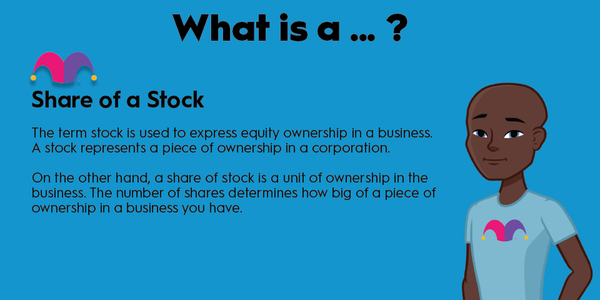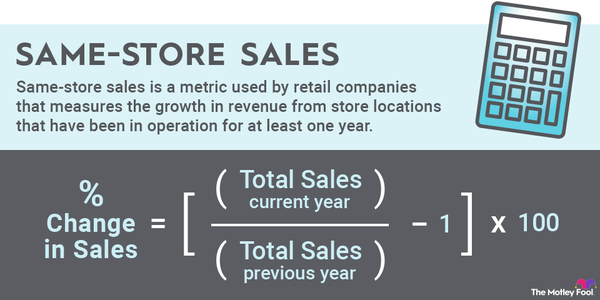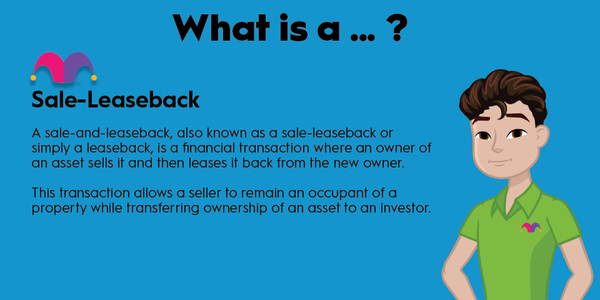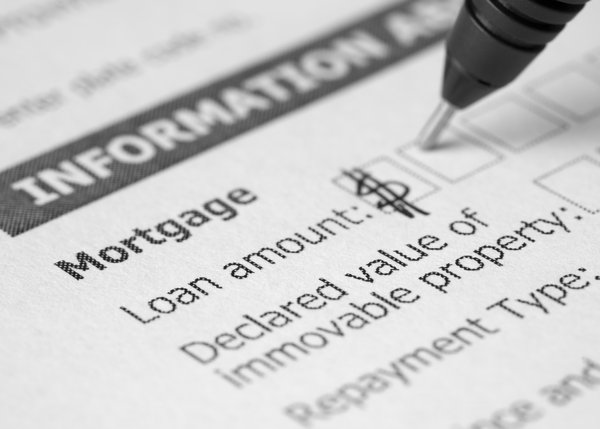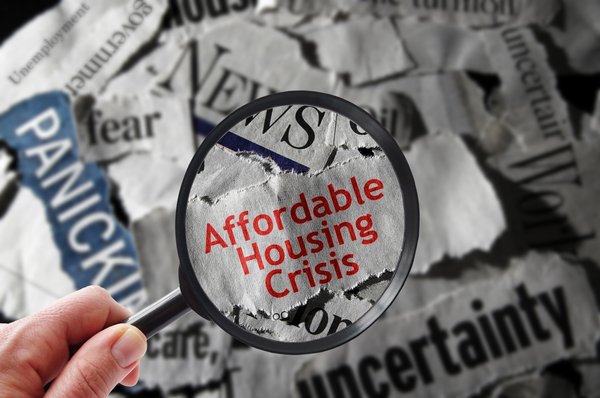Aging gracefully is one thing, but aging in housing you can reasonably afford on Social Security is quite another. When you're relying heavily on Social Security income, Social Security senior housing is an option that can help you stretch your budget further.

Overview
What is Social Security senior housing?
Social Security senior housing is a vague term that's being used to describe affordable housing for seniors on Social Security. Some experts say this only includes high-density arrangements such as group living or subsidized senior apartments, but other examples may include single-family homes with significant subsidies.
How do you qualify for subsidized senior housing?
Because all Social Security senior housing is subsidized, it's important to understand what it takes to actually qualify for this assistance. Several things are considered, regardless of which program or type of housing you're pursuing.
- Age limits. Senior housing is typically limited to people aged 62 and above. There can be exceptions for spouses who are slightly younger, but this will vary between programs.
- Income qualification. Subsidized housing is always granted based on income qualifications, but it's not always as straightforward as a "yes" or a "no" based on your income. In many cases, your income is used to determine the amount of subsidy you receive toward your rent.
- Asset qualifications. Many seniors have far more assets than other age groups because those assets are the source of their income. But to qualify for subsidized housing, your assets will be scrutinized, and you may need to spend down to lower your assets.
Housing types
Types of Social Security senior housing
There are many types of senior housing to help people maximize their Social Security benefits. These include:
Subsidized housing
Subsidized housing for seniors can come in a lot of forms, but much of it is either apartment-style public housing projects designed specifically for seniors or direct support from voucher-type programs. Programs like Section 202 Supportive Housing for The Elderly Program, Section 8 Housing Choice Voucher Program, and Section 811 Supportive Housing for Persons with Disabilities allow seniors more choices in where and how they live out their remaining years.
Independent living
Many independent living communities will accept seniors who primarily rely on Social Security and provide them with housing subsidies from various sources. These environments are like apartments with some of the amenities of more medically advanced senior housing, allowing Social Security recipients to remain independent for longer.
Assisted living
Many assisted living facilities can also cater to Social Security recipients. Assisted living offers more advanced assistance than independent living, but seniors still have their own units in which they make their own decisions about how to spend their lives. These facilities offer more personalized care, but seniors must still be mostly able to live on their own.
Related investing topics
Why choose it?
Why choose Social Security senior housing?
If you're a senior or you're working on your retirement plan, Social Security housing can help you stretch your budget a lot further than you may have expected. It's often better to stay in your home if you can, especially if it's paid off. But if you can't, subsidized housing is a financially solid option.
Choosing Social Security senior housing that's designed specifically for people 62 years and older can also keep you more closely in touch with your peers if you're particularly socially inclined and enrich your life in ways you might not otherwise be able to do while staying in your current home.
